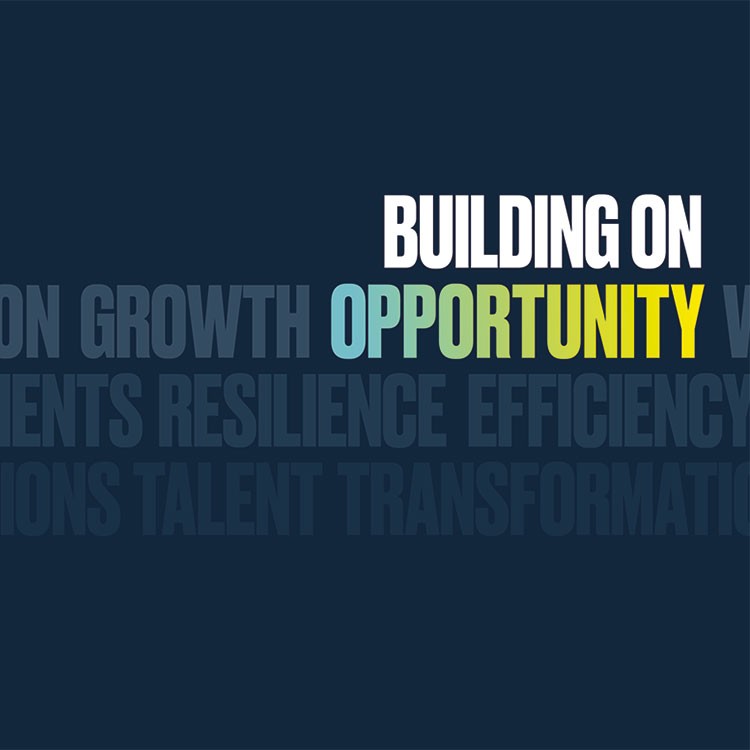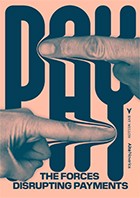The Forces Disrupting Payments
The potential for bank/fintech collaboration is driving a surge in innovation

The Forces Disrupting Payments
The potential for bank/fintech collaboration is driving a surge in innovation
October 2022
Disintermediation is amping up the sense of competition between FIs and fintechs, but also enabling many opportunities for innovation and cooperation between them—with both sides having much to gain.
With today’s capital constraints, regulatory burdens and cost pressures, it can be challenging for financial institutions (FIs) to keep up with the pace of change and abundance of choice in payments. Because of this lag, businesses can sometimes be enticed to circumvent their banks by engaging directly with fintechs to solve for points of friction in the payments process.
This so-called “disintermediation” is amping up the sense of competition between FIs and fintechs, but also enabling many opportunities for innovation and cooperation between them — with both sides having much to gain.
The potential for collaboration is driving a surge in innovation as the industry races to meet new end-user demands. The future of payments should see a lot more synergies between banks and fintechs as they collaborate on new ways to drive growth.
In this research, several supporting trends have been identified:
To learn more about BNY Mellon payments innovation, click here.










